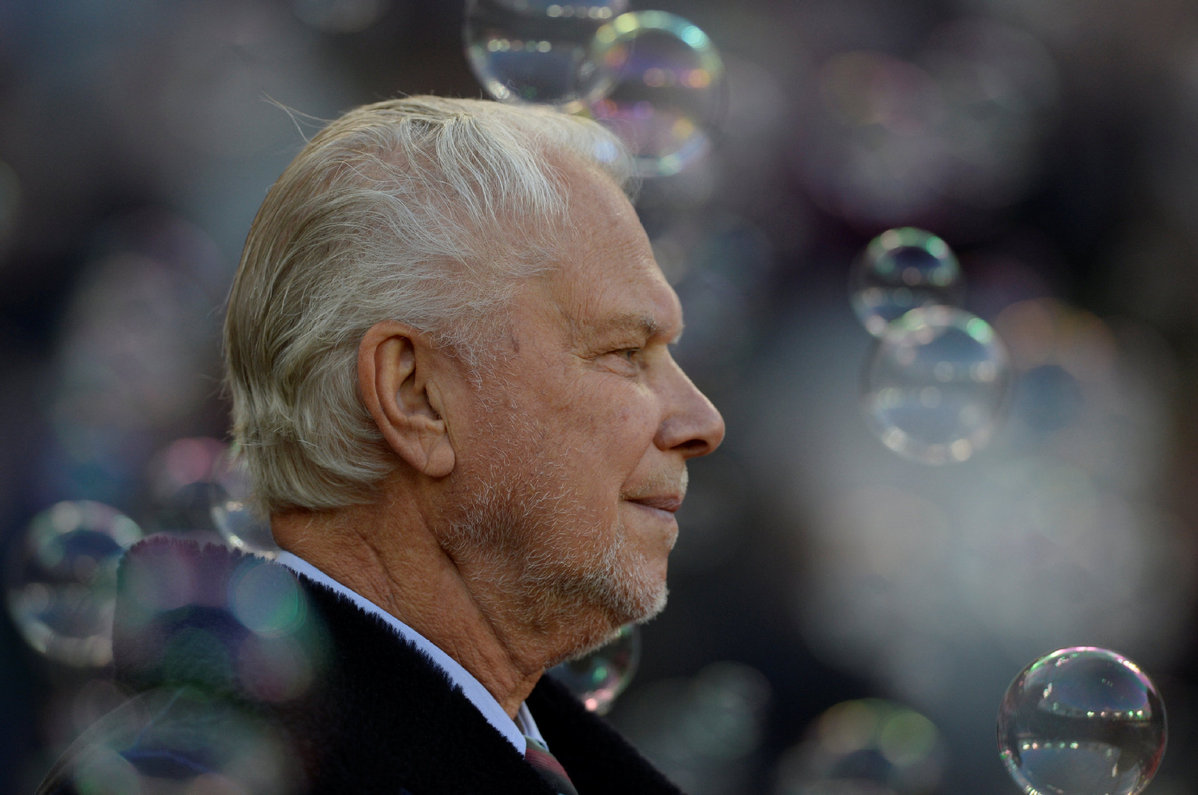Post-Brexit bid to curb foreign player imports splits soccer


LONDON — Just like the politicians, English soccer is divided by Brexit.
With four months until Britain withdraws from the European Union and no consensus over the terms of the split from the bloc, there is also uncertainty about the players Premier League clubs will be able to recruit.
With free movement of people from the European single market to work in Britain set to end, players from the continent could become subject to the same soccer-specific immigration requirements as counterparts from the rest of the world.
After a quarter-century of growth, the Premier League sees maintaining the free-flowing pipeline of talent from Europe into its clubs as essential for maintaining the appeal of the competition worldwide.
"It's working," West Ham co-owner David Gold said. "Why would you change it?" But the English Football Association is seizing on Brexit to try to ensure players eligible for its national team gain more playing time in the Premier League and build on the semifinal run at this year's World Cup in Russia.
Currently, the FA runs the visa system for non-European players in conjunction with the government's Home Office. Unless a deal is reached between the FA and the Premier League, those eligibility requirements could apply to any foreign player after Brexit in March.
Players from the top 50 FIFA nations are considered for work permits, with a sliding scale of appearances required — from 30 percent of games over two years for the 1-10 teams to 75 percent for 31-50 teams. According to FA research seen by The Associated Press, 65 percent of Europeans currently playing in the Premier League would have failed if the criteria were applied to them.
But for players who don't meet the threshold, clubs can seek an exemption by arguing the case for a work permit in front of a panel. The FA hopes to persuade the Premier League to scrap that system, known as the governing body eligibility endorsement.
























